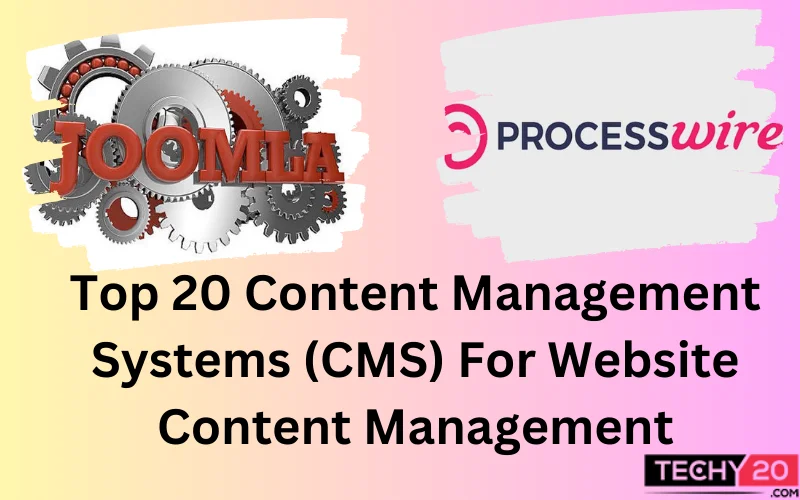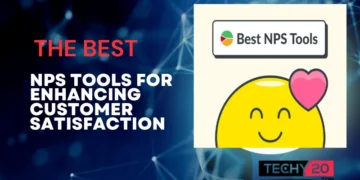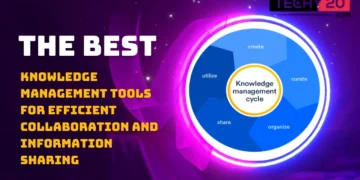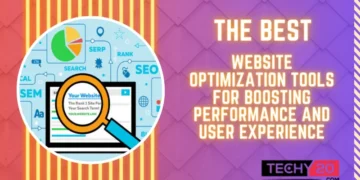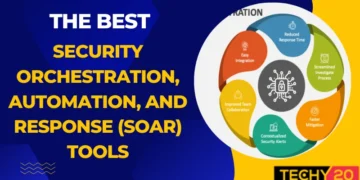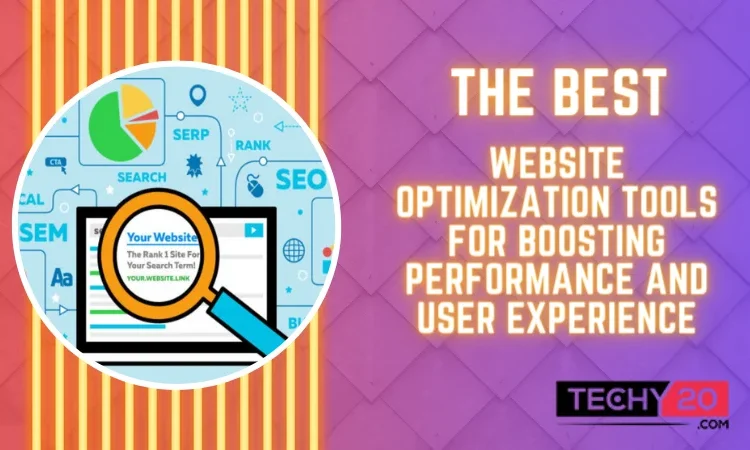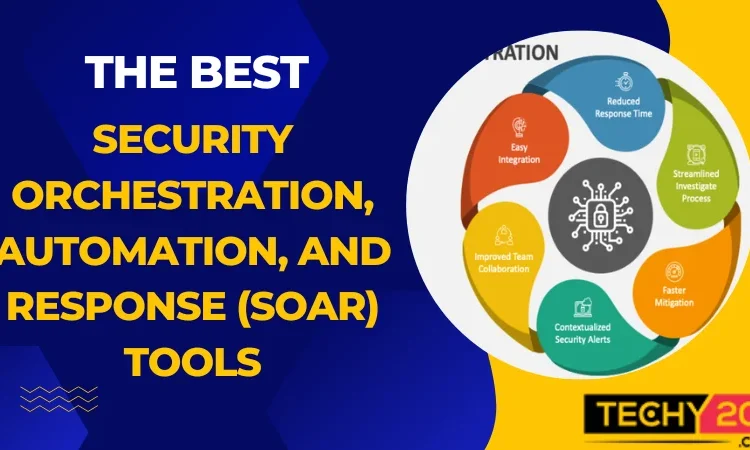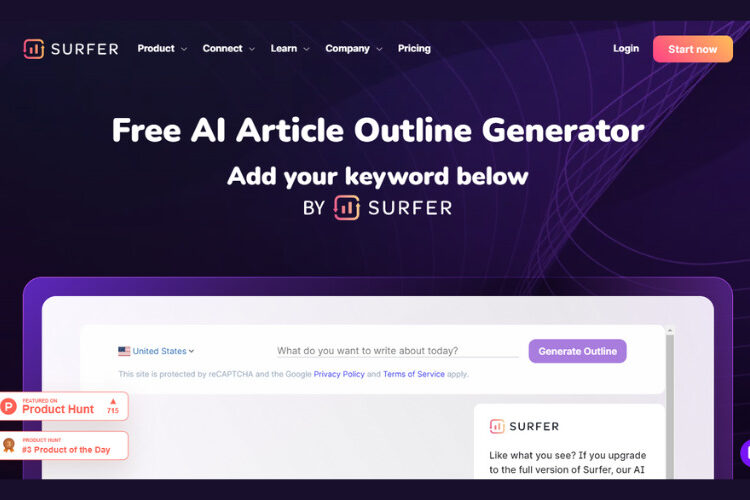In today’s digital world, effectively managing website content is essential for any business or individual with an online presence. Whether you need to publish blog posts, showcase creative work, or operate an e-commerce store, a robust content management system (CMS) allows you to easily organize, update, and distribute information through your site. While CMS platforms have become quite polished, selecting the right one can still feel overwhelming, given the many options on the market. Each system has its unique strengths and weaknesses customized towards specific needs. To help narrow down the decision, this guide breaks down 20 top CMS platforms and highlights which might be the best fit based on your goals and budget.
1. Wix – Best Overall For Beginners
Wix stands out as one of the most user-friendly options for those just starting with website building. Its drag-and-drop interface allows you to construct visually stunning pages without writing a single line of code. Beautiful template designs inspire you to create a unique online identity. Wix’s premium plans unlock more layout customization abilities, too. Overall, it’s an ideal starter platform for learning the basics of content management.
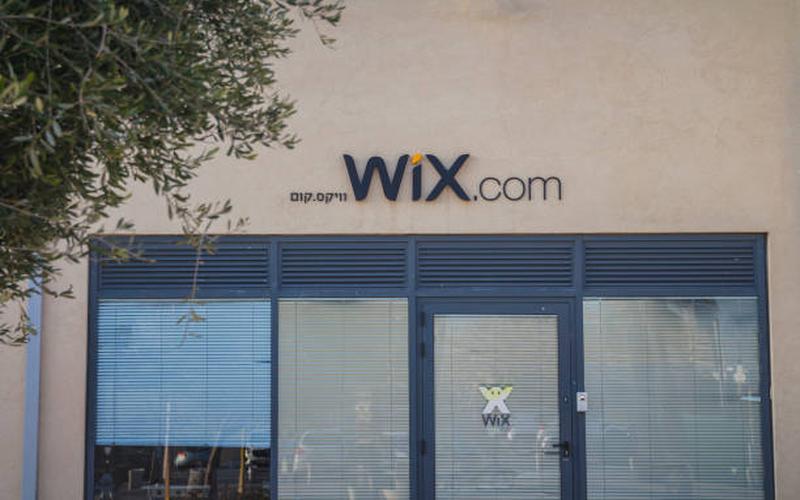
2. Word Press.com – Best Value
If you’re on a tight budget, WordPress.com is hard to beat. Its free plan provides more than enough functionality for personal blogs or micro businesses just getting started online. With hundreds of premium themes available for purchase, you can easily craft a uniquely styled site. Thanks to its large user base, WordPress has an immense library of add-ons called plugins to expand capabilities further. For those seeking an affordable CMS solution, WordPress.com delivers substantial value.

3. Drupal – Best For Advanced Enterprise Websites
When managing complex, large-scale websites, Drupal flexes its muscles. Its advanced security, customization depth, and multi-site administration tools make it the go-to choice for governments, non-profits, and educational institutions with intricate online needs. Drupal is highly scalable and enables robust collaborations – ideal for teams managing content across many departments or locations. Its learning curve is steeper than others, but for enterprise goals, only some platforms compare.
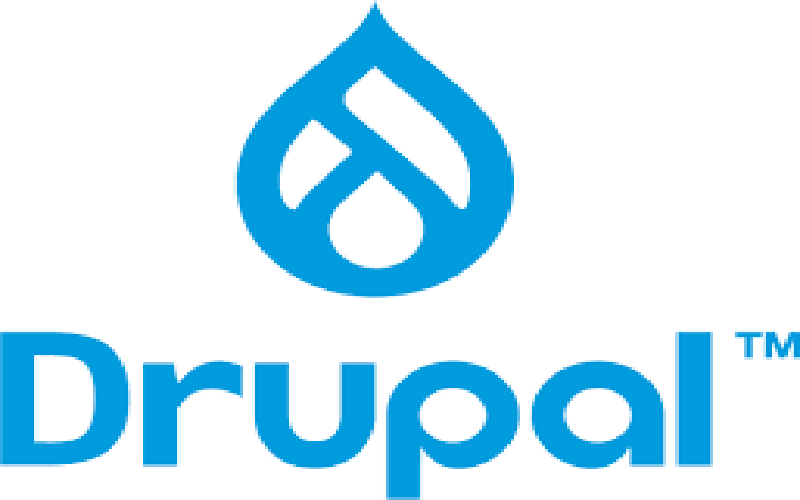
4. Shopify – Best For E-Commerce
E-commerce requires unique content management needs beyond basic publishing, such as inventory tracking, order processing, and payment handling. Shopify has built its platform from the ground up specifically to meet these demands through both its desktop and mobile interfaces. Business owners are given an array of professionally designed storefront themes and robust sales and marketing analytics. For those selling physical or digital goods online, Shopify sets the bar.

5. Joomla – Best For New Developers
Joomla strikes an ideal balance of being both beginner-friendly and extensible enough for pros. Its community support forums are treasured resources as new developers can learn directly from experienced peers. While third-party add-ons slightly lag behind WordPress’s offerings, Joomla’s modular architecture allows endless extensions. With a vibrant network of users, it’s an excellent hands-on learning tool and commercial platform for those starting their CMS journey.
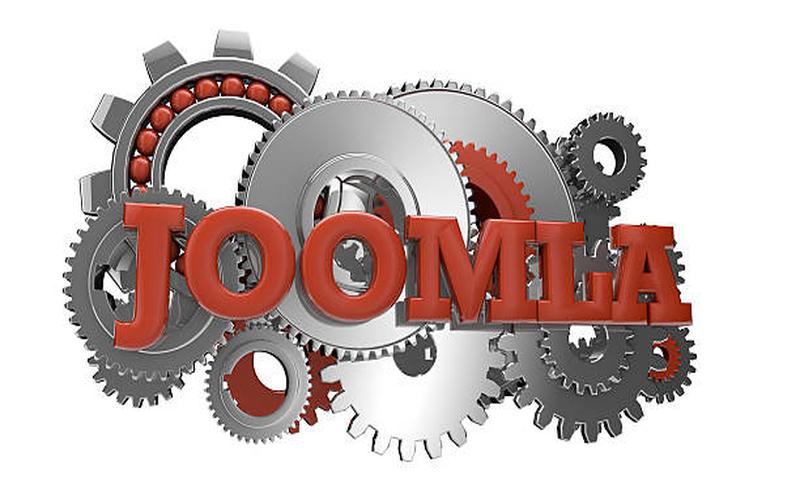
6. TYPO3 – Best For Custom Integrations
When complex website integrations and customized functionality are top priorities, TYPO3 provides immense possibilities through its core platform and industrial-strength third-party extensions. Having powered high-profile corporations and organizations for decades, it proves its reliability at scale. While demanding more technical skills, TYPO3 rewards those willing to invest time in unlocking its true potential for sophisticated projects.
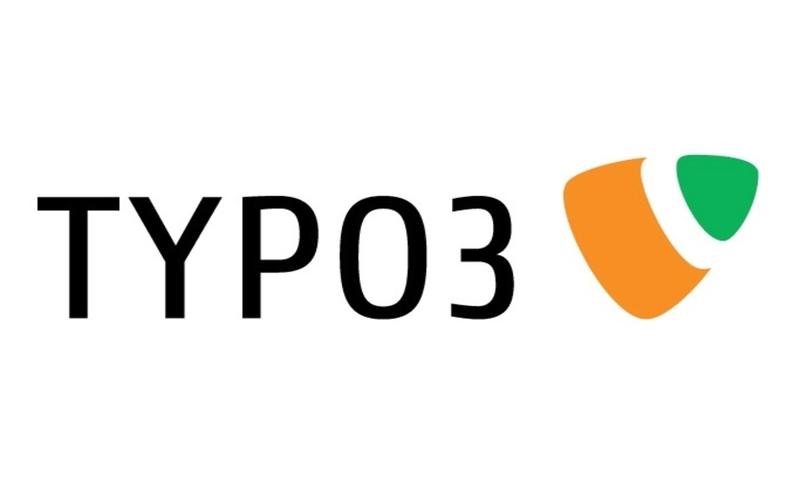
7. Word Press.org – Best For Complete Control
The self-hosted version of WordPress, also known as WordPress.org, offers unparalleled modification levels for developers and businesses seeking full autonomy. With over 55,000 publically available plugins and limitless premium options, virtually any imaginable feature can be integrated with code. As the world’s most popular CMS, its massive community backing also contributes invaluable learning resources and support. If customization is king, WordPress.org delivers the keys to the kingdom.
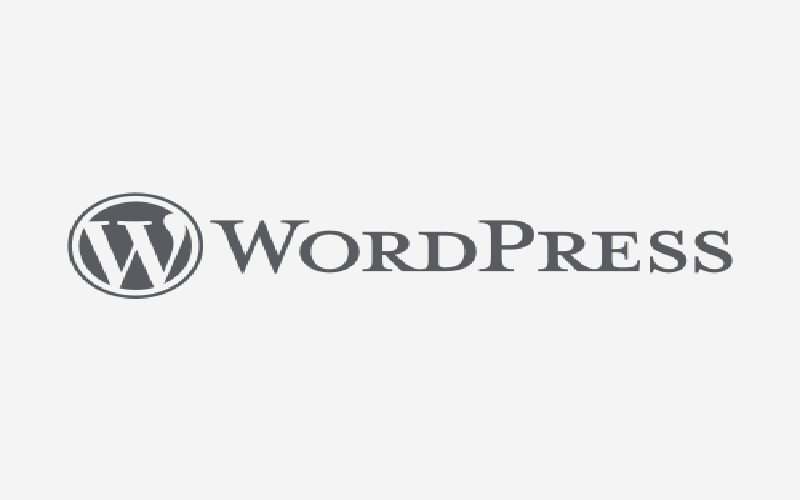
8. Hub Spot CMS Hub – Top All-In-One Software
Businesses aiming to simplify marketing, sales, and support through an integrated platform will appreciate HubSpot CMS Hub’s unified content and data management system. Pulling website, social media, and CRM functions into a central hub reduces team friction and creates richer user profiles and opportunities. The tradeoff is less flexibility for tinkering under the hood, but for many companies, the convenience justifies adoption.
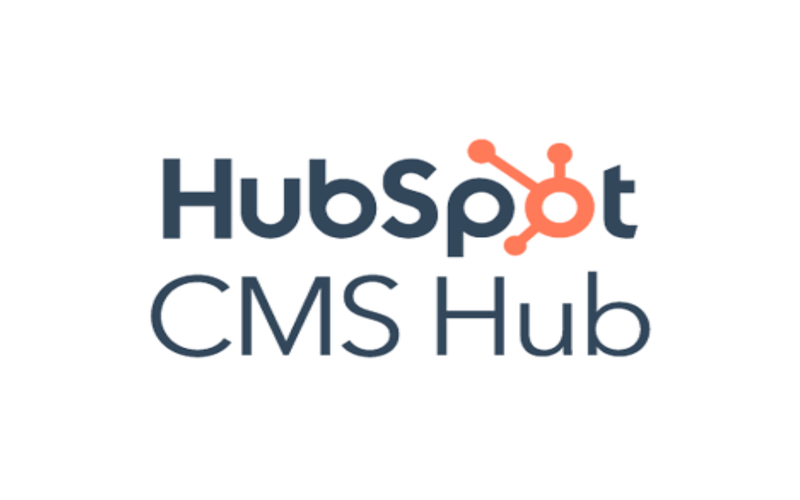
9. Sanity – Top Headless CMS
Sanity stands out as a flexible headless CMS for developers valuing clean architectures and modern approaches. Separating content from presentation allows data to be delivered through any codebase or device using open APIs. Its real-time editing and embedded media management tools have made it popular amongst agencies and large brands. While requiring more technical understanding, Sanity breeds efficient and scalable digital experiences.

10. Umbraco – Top Open Source CMS
Offering commercial and community license options, Umbraco has thrived by balancing affordability with robust functionality. From launching basic personal websites to powering Fortune 500 brands, its accessibility across experience levels is appealing. Smaller teams can launch professionally without assistance with adaptable templates and a visual editor. When growth demands, Umbraco also cultivates endless flexibility through extensive coding customization.

11. Ghost – Top CMS For Blogging
Ghost focuses solely on supporting the needs of bloggers through fast publishing, SEO optimization, and social sharing tools. Its minimalist interface strips away unnecessary distractions, keeping writers in a flow state. For teams or individuals seeking to operate high-traffic blogs, manage newsletters, or publish serial content, Ghost is purpose-built to support those goals at scale through an intuitive dashboard. While limiting for complex sites, it sets the bar for content-first experiences.
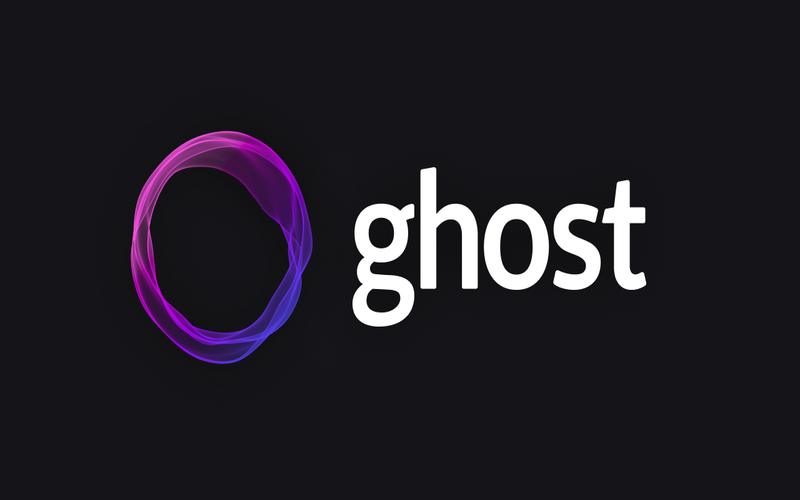
12. Square Space – Top CMS For Creative Professionals
Creative directors, photographers, designers, and other visual professionals will appreciate Squarespace’s beautifully crafted templates highlighting bold imagery and aesthetic flair. Whether constructing portfolio galleries or launching online boutiques, its drag-and-drop flexibility lets non-technical users transform artistic visions into high-caliber websites paired with automated commerce tools. While costs rise alongside advanced features, it remains an artist’s dream publishing platform.
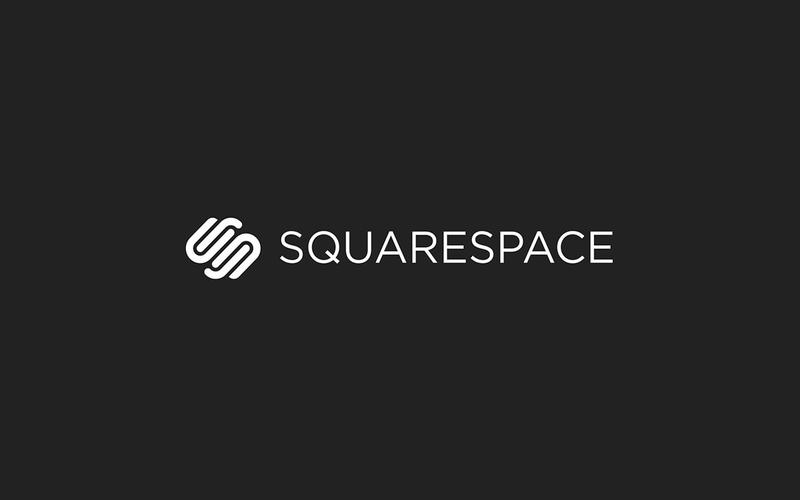
13. Magento – Top CMS For Complex E-Commerce
For online retailers with thick inventories, robust order processing needs, and loyalty programs to manage, Magento works wonders through its comprehensive e-commerce module ecosystem. Thanks to its transactional foundations, while requiring more technical aptitude than Shopify, it handles immense volumes, customizations, and integrations at enterprise scales. Merchants willing to invest in training budgets unlock Magento’s full powerhouse potential for delivering sophisticated shopping experiences.
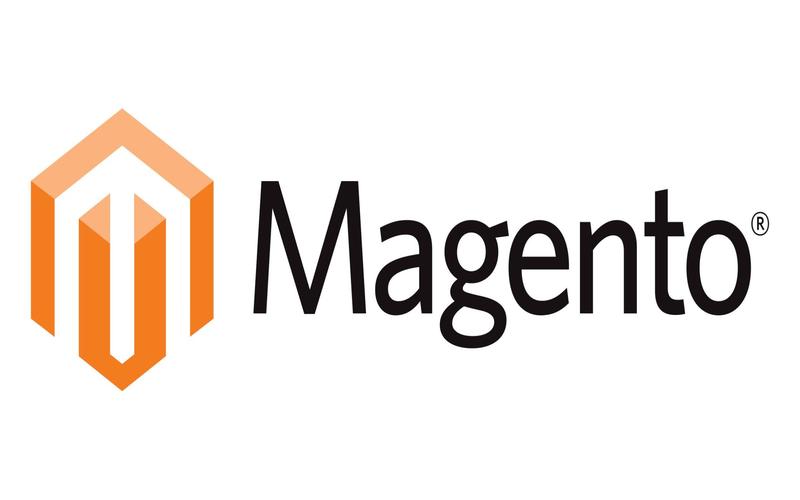
14. Contentful – Top Headless CMS For Developers
For online retailers with thick inventories, robust order processing needs, and loyalty programs to manage, Magento works wonders through its comprehensive e-commerce module ecosystem. Thanks to its transactional foundations, while requiring more technical aptitude than Shopify, it handles immense volumes, customizations, and integrations at enterprise scales. Merchants willing to invest in training budgets unlock Magento’s full powerhouse potential for delivering sophisticated shopping experiences.
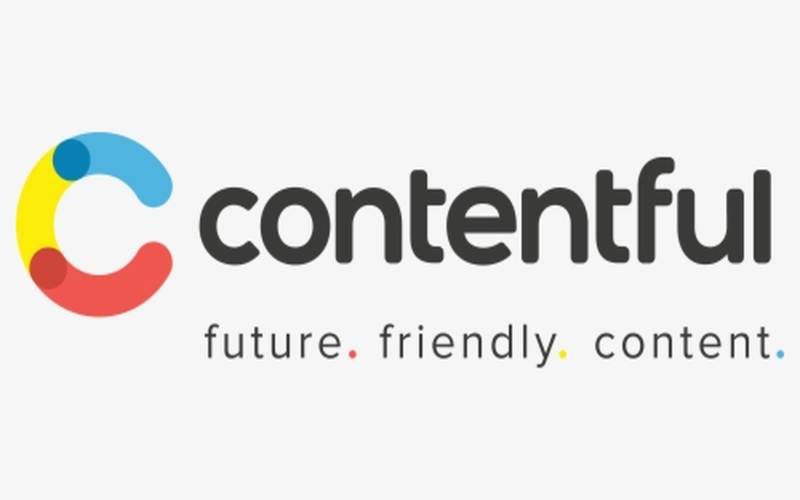
15. Duda: Excellent CMS For Mobile Users
Duda is an excellent choice as a content management system for any business that relies heavily on mobile users. It focuses on optimizing websites for phones and tablets. The responsive templates automatically adapt to different screen sizes, so your site looks great no matter how people access it. Features like touch optimization ensure smooth navigation and easy content consumption on mobile, too. If most of your audience is mobile, Duda makes it a breeze to build a user-friendly experience.
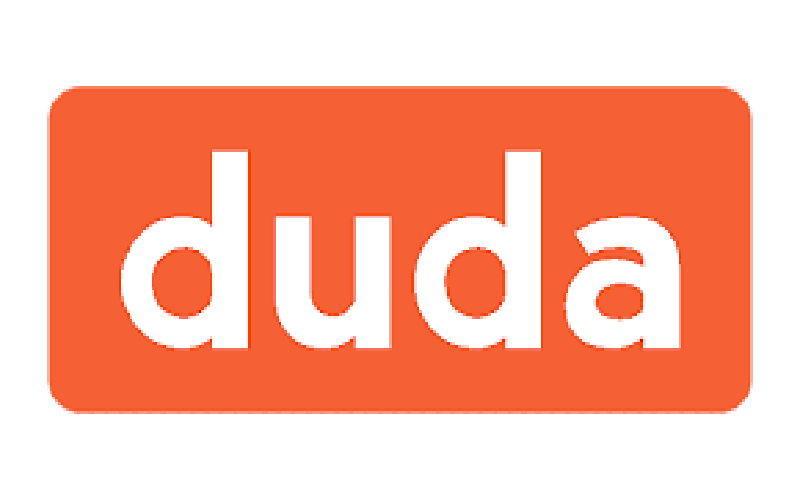
16. Web Flow: Powerful CMS For Responsive Designs
Webflow also lets you create responsive designs without coding but adds extra power through its drag-and-drop interface. Both beginners and experts can use it to visually build entire sites from scratch or tweak an existing template. You have a massive catalog of starter designs to pick from as a starting point or spark of inspiration. Its customization controls give you complete precision to tweak styles, animations, and interactions until the design is perfect. With Webflow, your creative vision can become reality without worrying about code.

17. Story Blok: Advanced CMS For Complex Content Needs
For businesses with complex content needs, Storyblok presents an advanced option as a headless CMS. It shines when you must distribute content across many channels, from a website to mobile apps to digital displays. Elements like reusable fragments and collaboration tools allow smooth sharing of content blocks among teams. Delivery APIs simplify integrating content from Storyblok into any platform or app. If your content needs are sophisticated and constantly evolving across mediums, Storyblok offers the flexibility and power to manage it centrally.

18. Strapi: Customizable CMS For Developers
If you’re a developer looking for a customizable CMS platform, Strapi is a robust open-source option. It provides clean API-first content modeling that makes integrating into existing apps and services accessible. With Strapi, you’re in complete control to modify and extend all aspects of the system through code. The active development community also means help is always within reach if you get stuck. For projects needing a highly adaptable and developer-centric CMS core, Strapi is worth checking out.
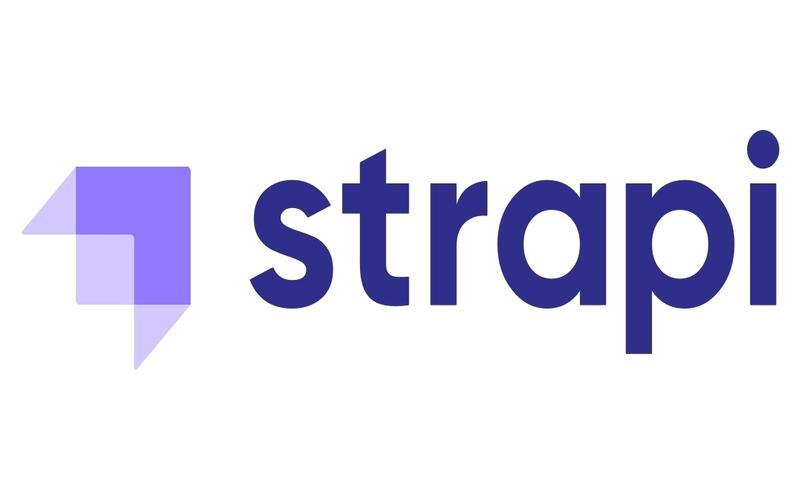
19. Craft CMS: Versatile CMS For Content Managers
Craft CMS caters to both developers and non-technical content managers with its combination of visual interface and programming customizations. This makes it suitable for various teams and sites, from personal portfolios to complex enterprise applications. Its template system allows aesthetically pleasing designs without restricting backend flexibility. When control is critical, this can be an excellent choice.
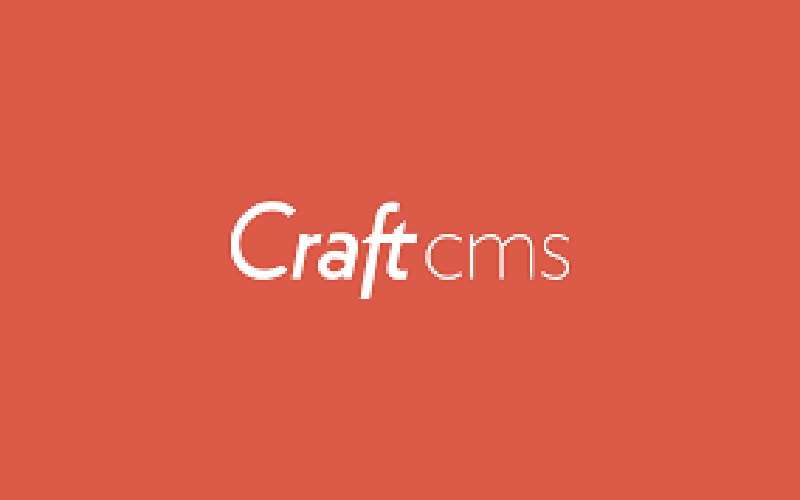
20. Process Wire
ProcessWire offers website owners virtually limitless flexibility to customize their online presence. Whether you’re a developer, content creator, or business owner, ProcessWire ensures you have complete control over your site’s appearance and work. The platform trusts you to take complete control under the hood and mold it to your needs. While some CMS can be restrictive out of the box, ProcessWire empowers custom modifications limited only by your technical skills and imagination. If having full reign over your website down to the tiniest details is essential, ProcessWire delivers the tools to craft precisely the online experience you require.


